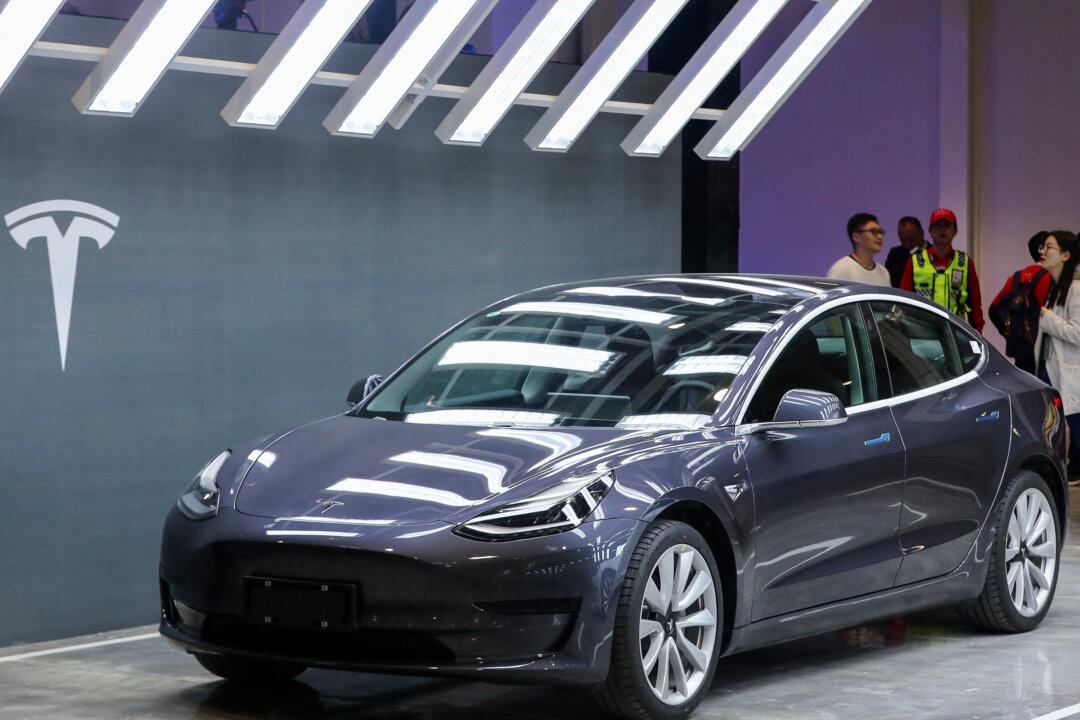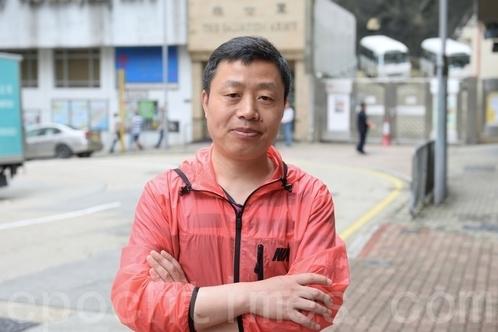The European Union said on Aug. 20 that it intends to lower a planned additional tariff on Tesla’s electric vehicles (EVs) imported from China to 9 percent amid the bloc’s ongoing probe of Chinese state aid to carmakers.
Brussels initially indicated that it planned to introduce additional duties of 20.8 percent on Tesla vehicles manufactured in China.




